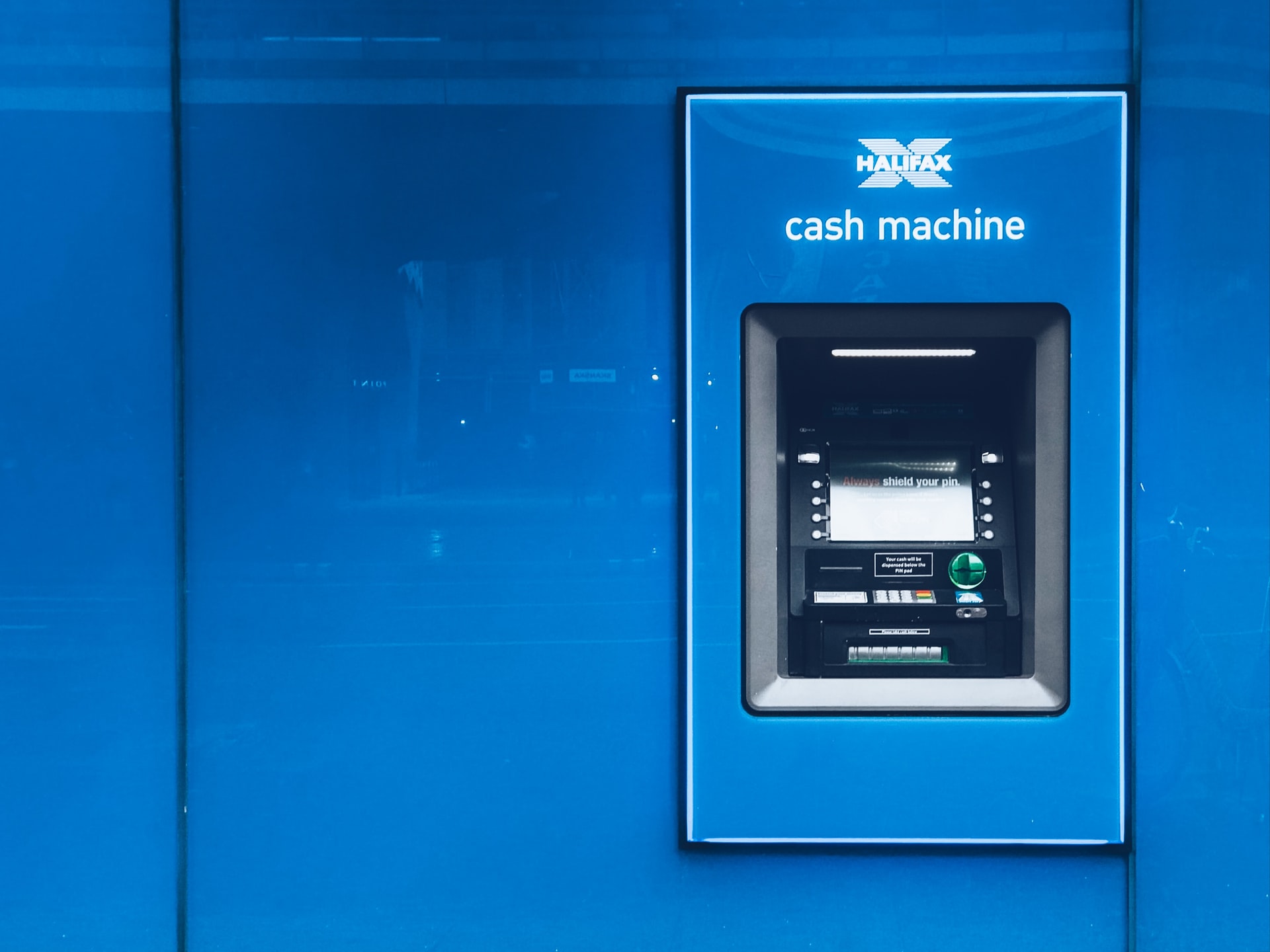Your credit score is one of your most important financial numbers. This score impacts how much lenders will give you for a mortgage or auto loan. Receiving inadequate funding can force you to settle for a smaller house or an older car. A strong credit score also reduces various costs, such as utility bills and interest payments.
It’s no wonder why consumers want higher credit scores. People stress about any missed payments and rising costs. However, while spending money on various goods and services, you may accidentally overdraw from your checking account. This event will trigger an overdraft fee. Most banks put this fee on your account immediately after you overdraw.
What Are Overdrafts and How Do They Work?
You can use your debit card to make purchases. These cards rely on your checking account for funds. If your spending never exceeds your bank account’s balance, you won’t have to worry about overdrafts. However, not everyone looks at their bank account before making purchases. For example, you may assume you have $100 in your checking account, but you really have only $30 because of an earlier expense. You may feel safe buying a $50 product, but this miscalculation leads to a negative balance of $20. Anytime you have a negative balance, it triggers an overdraft fee, which varies for each financial institution.
Authorized vs. Unauthorized Overdrafts
Overdrafts occur when your account is in the negative, but the type of overdraft impacts fees and your credit score. Some financial institutions provide overdraft limits. Any overdraft activity within these bounds is authorized.
Unauthorized overdrafts stretch beyond the established limit. Your negative balance would have to exceed $200 before it becomes unauthorized. Some financial institutions are less accommodating and have no overdraft protection. You can avoid overdraft fees by tracking expenses and reviewing your spending habits.
How Overdrafts Affect Your Credit Score
Creditors assess several factors when giving you a credit score. However, they overlook the activity in your checking account, including overdrafts. Overdrafts themselves won’t lower your score, but the context surrounding overdrafts can hurt you in the future. Overdrafts come with significant fees, and paying the overdraft can force you to miss credit card payments and other loans. Missing these payments will have an immediate and negative impact on your credit score. We’ll discuss some scenarios where overdrafts can affect your credit score.
Increasing Your Overdraft
Increasing your overdraft gives you more flexibility if you overdraw your checking account. However, requesting a higher limit will trigger a hard inquiry. Financial institutions use hard inquiries to assess an applicant’s financial health and if the applicant can handle the extra obligation. Hard inquiries will hurt your credit score. While a single hard inquiry won’t ruin your score, making too many requests or applying for too many new credit cards can lead to numerous hard inquiries. Each of these inquiries will hurt your credit score.
Decreasing Your Overdraft
Decreasing your overdraft puts you in the good graces of your financial institution. While creditors won’t review your checking accounts, banks can send your information to a collection agency. This event would negatively impact your credit score, so you can’t simply ignore overdraft costs. Decreasing overdrafts demonstrates progress, and if you make sufficient progress, banks will leave you alone.
Paying off Your Overdraft
It’s optimal to pay off your overdraft within 30 days of overdrawing. Paying it off will get it off your mind, and the bank won’t approach a collection agency about your overdraft. In addition, paying it off as soon as possible puts you in a better position to cover emergency expenses and keep up with other costs.
When Should You Enable Overdraft Protection?
Overdraft protection helps you cover expenses even if you don’t have enough money in your account. Your payments won’t get rejected, and this feature carries a significant upside. You can make an important loan payment on time even if you don’t have enough funds. You can cover the overdraft before the next loan payment. Most banks automatically put overdraft protection on your account, but it’s not suitable for everyone. We’ll discuss when overdraft protection makes sense for your account.
If You Have a Financial Buffer Zone
An overdraft protection policy creates an extra buffer in case an emergency expense comes your way. Most people do not have enough funds to cover a $400 emergency expense, but overdraft protection can help. It creates an extra financial buffer zone, which can reduce stress.
If You Have Variable Monthly Income
We use our income to cover expenses. While many of these expenses remain fixed, not everyone makes a consistent income. Some people have strong months, followed by lackluster months. Variable monthly income can put you in a tight position during a less favorable month, especially if an emergency expense complicates your financial outlook. Overdraft protection can help during your less prosperous months, and you can repay the overdraft when your income is on the rise.
You Have a Large Regular Income
A large regular income reduces the likelihood of overdrawing your account. While it can happen occasionally, most high earners can quickly pay back the overdraft.
Your Income Is Low
An overdraft protection policy offers solace for people with low income. You’ll have extra time to pay debts and can still make purchases with your debit card. You also won’t have to incur credit card debt, which comes with high interest rates. If you are not careful, overdraft protection can lead to several financial problems. If you get too comfortable with overdrafts and hesitate to pay them off, the bank can report you to a collection agency. Fees and interest will also add up and restrict your ability to make essential payments.
Overdraft protection is a great feature, but it’s only useful as a last resort. Letting your negative balance build up can make it challenging to get accepted for loans and keep up with other obligations. Overdraft protection can put you in a worse position if you are not careful.







